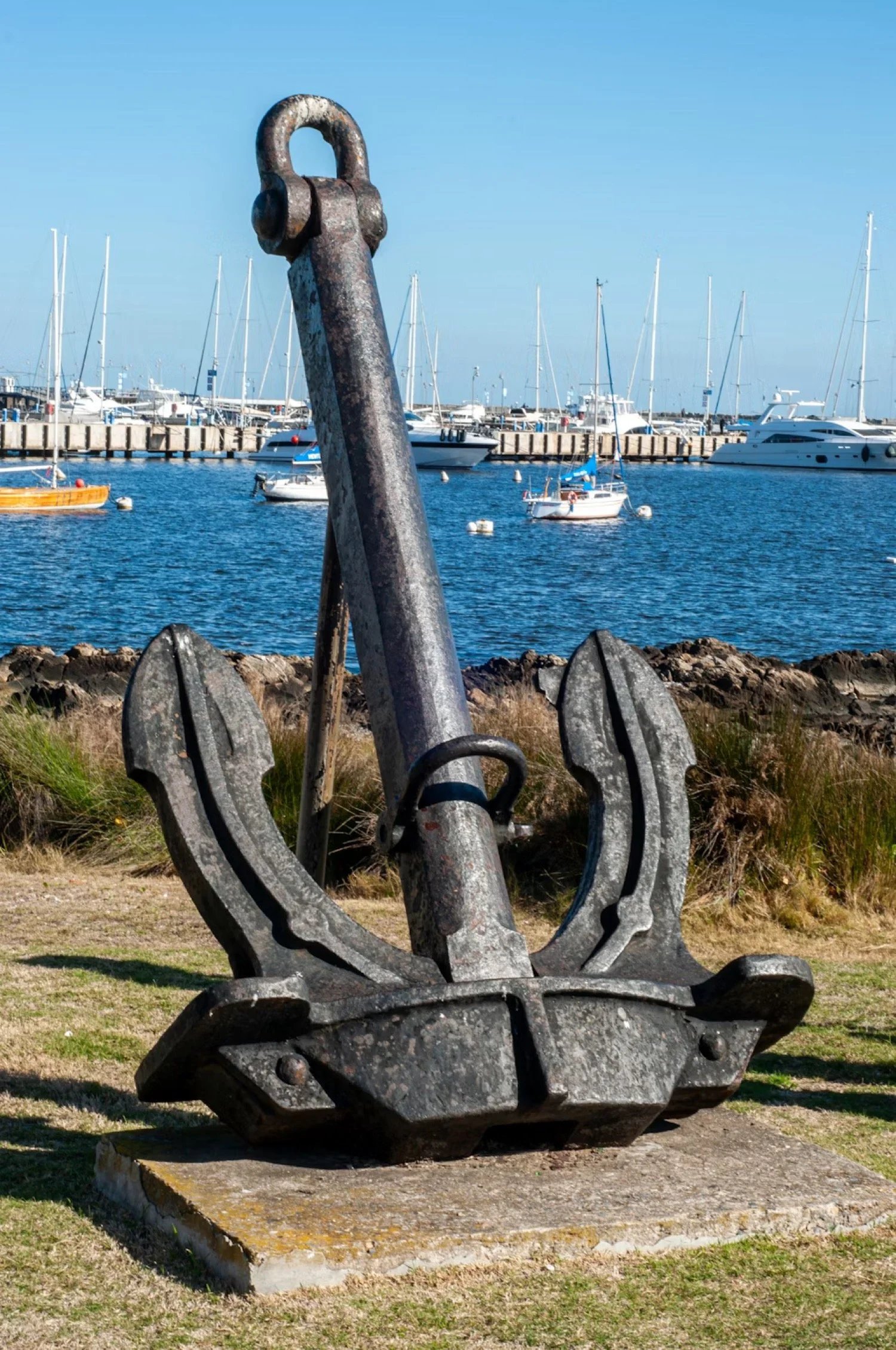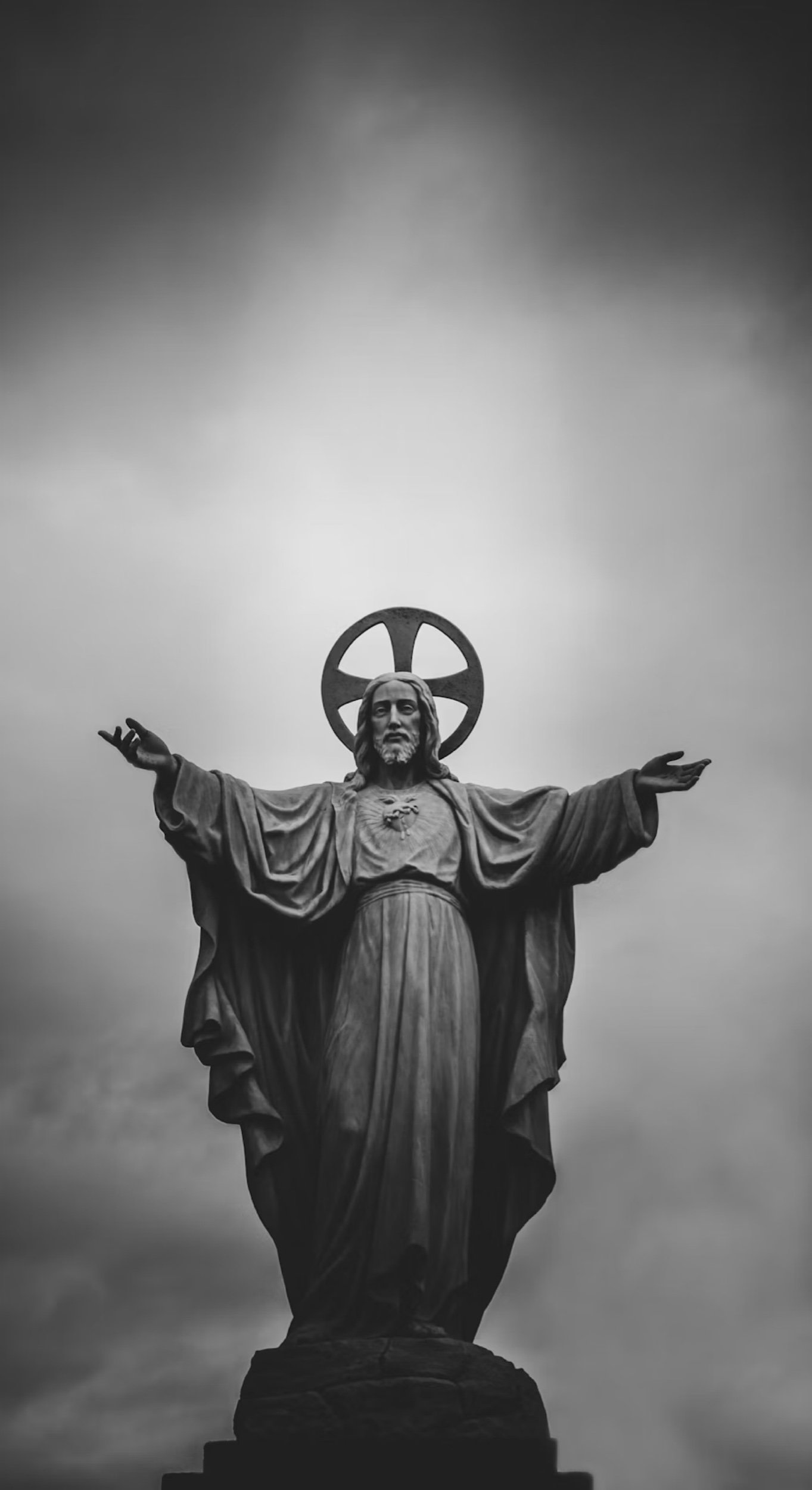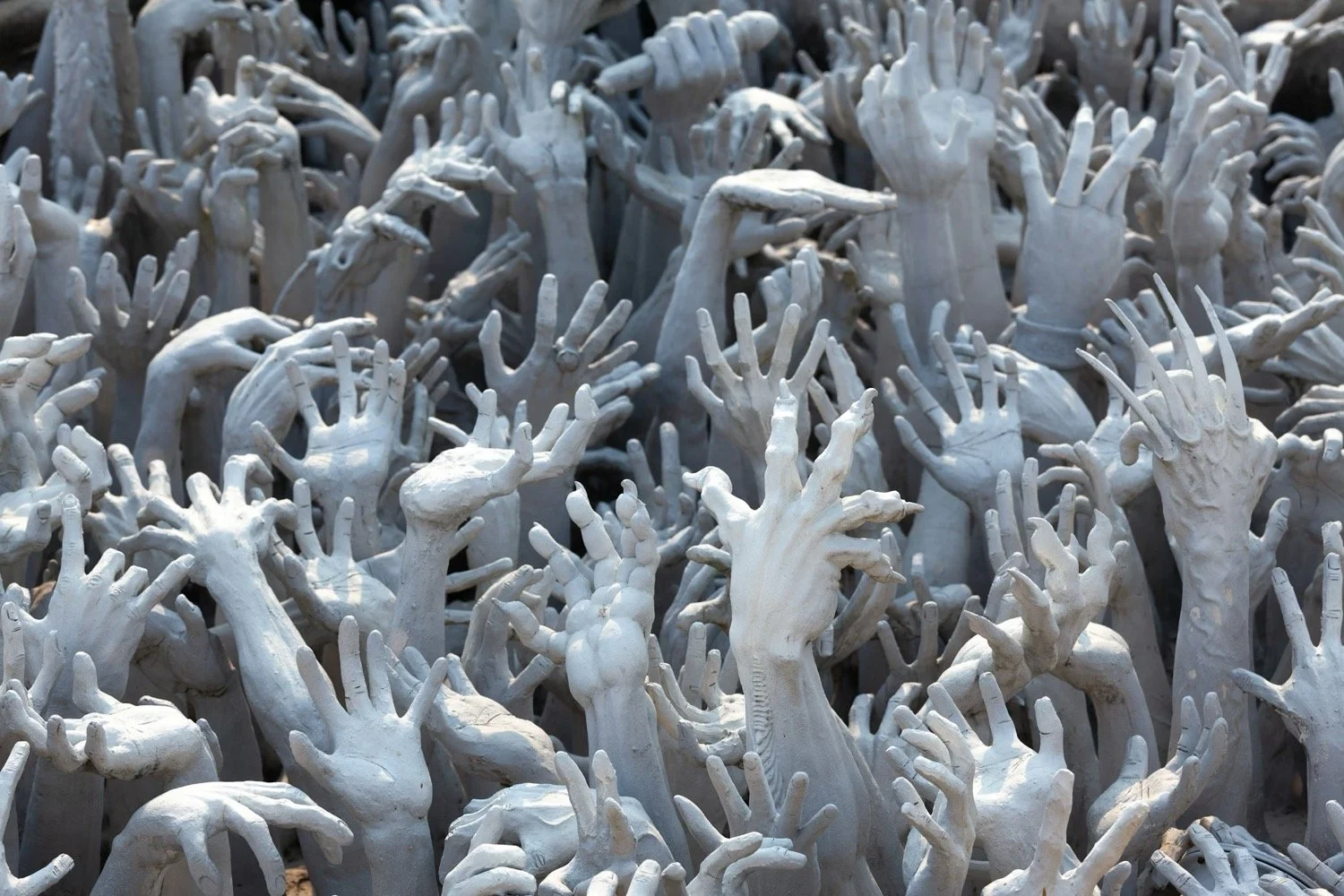Readings for today: Joshua 1-2, Psalm 105
We are done with Deuteronomy! Great job everyone! Well done! You have now completed the Torah. The Pentateuch. One of the most important sections in all the Bible! I know it wasn’t easy and I know the reading begged a lot of questions. This should happen every time we read Scripture reflectively and honestly and deeply. I love these verses from Joshua, “In the same way I was with Moses, I’ll be with you. I won’t give up on you; I won’t leave you. Strength! Courage! You are going to lead this people to inherit the land that I promised to give their ancestors. Give it everything you have, heart and soul. Make sure you carry out The Revelation that Moses commanded you, every bit of it. Don’t get off track, either left or right, so as to make sure you get to where you’re going. And don’t for a minute let this Book of The Revelation be out of mind. Ponder and meditate on it day and night, making sure you practice everything written in it. Then you’ll get where you’re going; then you’ll succeed. Haven’t I commanded you? Strength! Courage! Don’t be timid; don’t get discouraged. God, your God, is with you every step you take.” (Joshua 1:5-9 MSG) They were some of the earliest I memorized after I became a Christian. But when we meditate on Scripture, it confronts us and forces us to grapple with some hard questions. This is especially true as we enter into the books of Joshua and Judges. Here are just a few of the questions you might find yourself asking in the coming weeks…
How can God, as Father, judge His children so harshly?
How can God, as Creator, be so cruel to His creation? Especially non-Jews?
Why do the innocent seem to suffer along with the guilty?
Does God really sanction jihad or holy war?
Where is Jesus in all of this?
I remember the first time I went white-water canoeing. It was a beautiful day on the Snake River up in Wyoming. The guide started us out in the calmest waters. It seemed like things would be easy. Then we started hitting the rapids. Things got tougher. The water got rougher. Things got hard. We found ourselves paddling like crazy as we navigated between the rocks and other obstacles. Unfortunately, there was a moment when things got away from us. The canoe my partner and I were paddling got stuck against a tree that had fallen over the river. The next thing I knew, I was caught in the undertow and taken under the tree. If I had gotten hung up on the branches, I would have drowned. Thankfully, I came out the other side but with a MUCH deeper appreciation for the dangers of the river and the power of the white-water.
I think something similar happens when we wrestle with Scripture. God invites us to ask Him the hard questions. He’s a big boy and can handle our frustration, anger, and disillusionment. If we grapple faithfully and well, we come out the other side with a much deeper appreciation for who God is and what He’s all about. And just like our guide gave us some pointers on how to navigate the river, I want to give you some pointers as well as we start to hit the rough waters of Joshua and Judges.
The key to understanding this stretch of the Biblical text is to try to put ourselves in God’s shoes. Imagine you are a Father/Mother and you have children who are absolutely bent on self-destruction. They lie. They steal. They murder. They abuse each other. And this isn’t just an occasional thing. It literally happens every hour of every day over weeks and months and years. It never ends. They are sociopathic in a way. They never stop. Now imagine you are not only a parent but you are also the primary civil authority in their lives. You have the power to punish. To judge. To sentence. And so you bring them before your “court.” You show them mercy. You show them grace only to have them go out and continue their criminal activity. They are a danger to themselves and others. How would you respond? Would it not force your hand?
The same principle applies even more to the second question above...How can God, as Creator, be so cruel to His creation? Especially non-Jews? The Canaanites were even more self-destructive than Israel. Their evil knew no bounds. They had no law to restrain them. No prophet to teach them. It’s essentially the story of Noah all over again. The evil in the world grew so great, God as the Righteous Judge, was well within His rights to wipe them out. But God made a promise. Never again to destroy the earth. So what’s God to do? How are crimes to be punished? As the evil in humanity grows, how can it be restrained? Remember, we aren’t just talking about a few sins here and there that we feel bad about. We’re talking the worst kind of evil. The worst kind of crimes happening over and over and over again. Every hour. Every day. Every week. Every year. It’s relentless. It’s not cruelty to sentence a murderer to death even in our world. It’s not cruelty to sentence a rapist to life in prison. It is justice.
Justice really is the key. What the Old Testament teaches us - and what we have the most trouble grasping in the 21st century - is that sin is serious. It is a crime against a holy God. Every sin is an act of rebellion. Sedition. Treason. And again, I cannot stress this enough, we commit these crimes every hour of every day of our lives. And the non-Jews in the Old Testament were much, much worse because they didn’t have the Holy Spirit living inside them restraining their sin. It was a brutal, violent, evil world. Our God is not just a Father. He is a King. And justice and righteousness are the foundation of His throne. They are just as real and personal as love and grace and mercy. God is all of these all at once. So when we consider our sin or Israel’s sin or the sin of the non-Jews in the Old Testament, we have to view it through the lens of God’s justice system. Sin is not just bad behavior but criminal activity flowing from demonic forces and justice demands a reckoning.
Now you might be asking…what about me? What about the justice I deserve? The prophet Isaiah writes in 64:6, “All of us have become like one who is unclean and all our righteous acts are like filthy rags...” Friends, we are not worthy. In our natural condition, we deserve death. Nothing more. Nothing less. Nothing else. And this has been the natural state of every single human being who has ever lived or ever will live. But God...”being rich in mercy, because of the great love with which He loved us...makes us alive together with Christ.” (Eph. 2:4-7) Christ is worthy. I am not. He has perfectly satisfied the demands of God’s justice where I could not. This is the heart of the gospel and why it is such good news!
Readings for tomorrow: None




